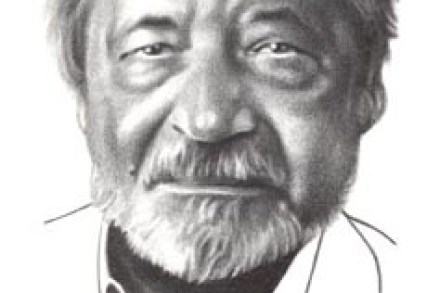The final curtain?
More from BooksThis is the ninth and final volume of the sequence, eliding fiction and autobiography, in which Philip Roth’s alter ego Nathan Zuckerman is narrator and protagonist. In the first volume, The Ghost Writer (1979), the still emergent author makes a pilgrimage of homage to a literary veteran, E. I. Lonoff, once highly praised for a










